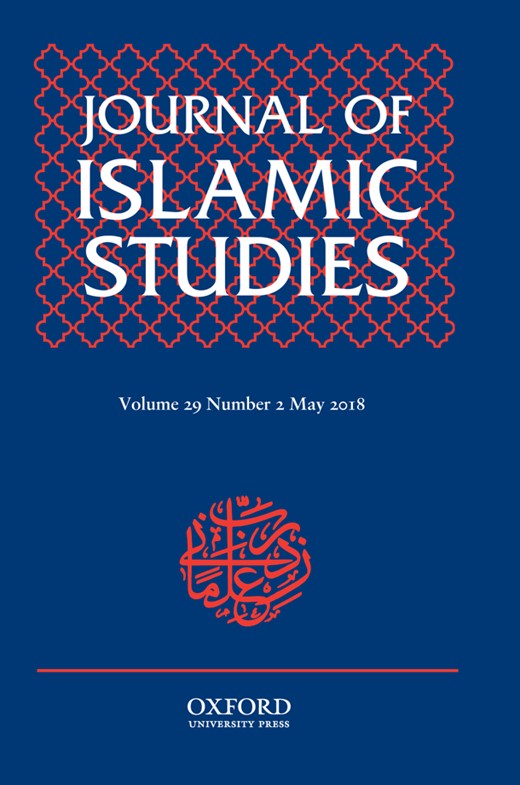-
Views
-
Cite
Cite
Mohammad Azadpur, Foucault in Iran: Islamic Revolution After the EnlightenmentBy Behrooz Ghamari-Tabrizi, Journal of Islamic Studies, Volume 29, Issue 2, May 2018, Pages 291–294, https://doi.org/10.1093/jis/ety002
Close - Share Icon Share
Extract
Foucault in Iran is a fascinating study of Michel Foucault’s writings on the Iranian revolution of 1979, with a focus on the significance of these writings on Foucault’s later philosophy. Foucault (1926–84) was a major figure in French post-structuralism, and he is also known to philosophers in the Anglo-American tradition. During the Iranian revolution, he filed several sympathetic reports for the Italian daily Corierre della Sera. The importance of these reports in relation to Foucault’s philosophical thought have not been explored systematically and impartially. In 2005, Janet Afary and Kevin Anderson published an English translation of Foucault’s reports as well as some related interviews and articles, and in their extensive commentary criticized Foucault’s sympathetic portrayal of the revolution as the expression of his naïve appraisal of the ‘retrogressive’ events in Iran. In their co-authored Foucault and the Iranian Revolution, they argued that the Iranian revolution ushered in an era of ‘radical Islamic politics’ that culminated in the terrorist acts of 9/11. Ghamari-Tabrizi comes to Foucault’s defence and maintains that the latter’s positive accounts of the revolution should not be accountable for the revolution’s ‘repressive aftermath’. He then situates these articles as ushering in Foucault’s later thought as expressed in the posthumously published lectures including the Hermeneutics of the Subject, and the last two books of his History of Sexuality. Overall, Ghamari-Tabrizi’s attempts to rescue Foucault and the Iranian revolution from the clutches of ‘neoconservative militarists and the militant defenders of Enlightenment on the left and liberal continuum’ (p. 7) are admirable. Furthermore, I agree that the events of the Iranian revolution shaped Foucault’s later ‘ethical turn’ but Ghamari-Tabrizi overlooks the importance of the scholarship of Pierre Hadot in accounting for the direction Foucault takes in his later writings.




